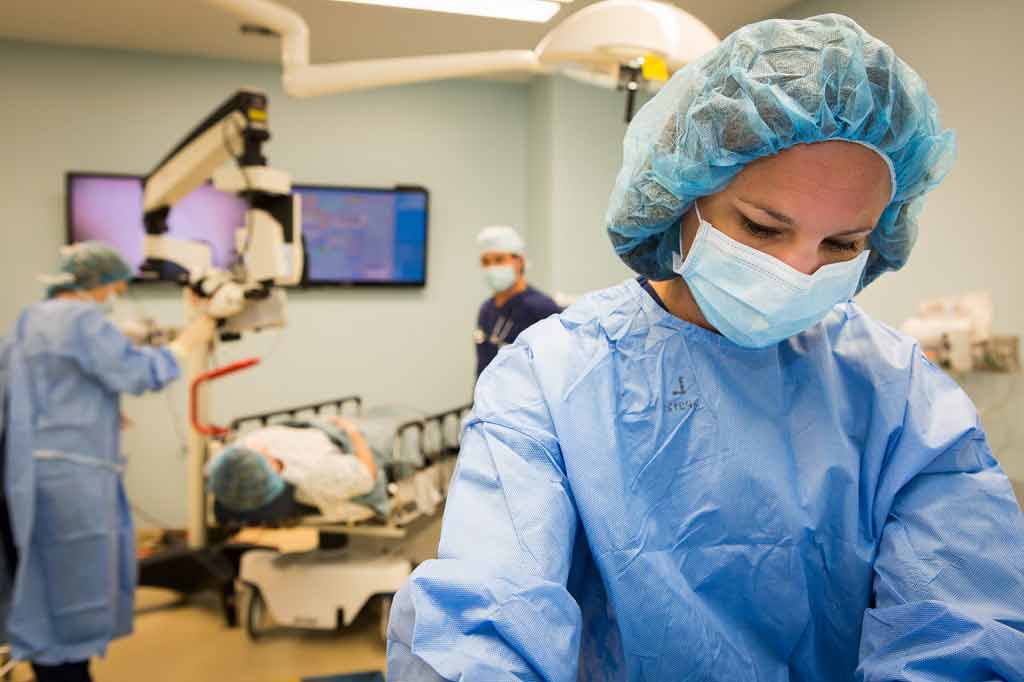Heart transplant
Waiting list

Because of the lack of available hearts, it's rarely possible to have a heart transplant as soon as it's needed, so you'll usually be placed on a waiting list.
It may be several months, or possibly years, before a donor heart of the right size and blood groups becomes available.
Many people are well enough to stay at home until a heart becomes available, although some people will need to remain in hospital.
The transplant centre can offer support, guidance and information while you wait for a suitable donor to be found. They will be fully aware that many people find this a frustrating and frightening experience.
Waiting for a suitable donor
While waiting for a donated heart to become available, it's important to stay as healthy as possible by:
- having a healthy diet
- taking regular exercise , if possible
- not smoking or drinking excessive amounts of alcohol
The transplant centre will need to be able to contact you at short notice, so you should inform staff if your contact details change.
You should also let staff know if your health changes for example, if you develop an infection.
Prepare an overnight bag and make arrangements with your friends, family and employer so you can go to the transplant centre as soon as a donor heart becomes available.
Coping with being on the waiting list
Living with a serious heart condition can be strenuous enough, and the added anxiety of waiting for a heart to become available can make the situation even more difficult.
This can have an effect on both your physical and mental health. Contact your GP or the transplant centrefor advice if you're struggling to cope emotionally with the demands of waiting for a transplant.
Getting the call
When a suitable donor heart is found, the transplant centre will contact you and ask you to go to the centre.
When you hear from the transplant centre:
- do not eat or drink anything
- take all current medicines with you
- take a bag of clothes and essentials for your hospital stay
At the transplant centre, you'll be reassessed quickly to make sure no new medical conditions have developed.
When the medical team has confirmed that you and the donor heart are suitable, you will be given a general anaesthetic.
The procedure must be carried out as quickly as possible to have the best chance of success.
Introduction
A heart transplant is an operation to replace a damaged or failing heart with a healthy heart from a donor who has recently died. It may be recommended when a person's life is at risk because their heart no longer works effectively.
Who is suitable for a heart transplant
As donor hearts are scarce, you'll need to be assessed carefully to determine whether a heart transplant is suitable, if your doctor thinks you could benefit from one. The final decision about whether you are suitable for a heart transplant is a joint decision made by the transplant team.
Waiting list
Because of the lack of available hearts, it's rarely possible to have a heart transplant as soon as it's needed, so you'll usually be placed on a waiting list. It may be several months, or possibly years, before a donor heart of the right size and blood groups becomes available.
How is heart transplant carried out
A heart transplant is carried out with you unconscious under general anaesthetic , and normally takes between four and six hours. You'll be connected to a heart-lung bypass machine, which will take over the functions of the heart and lungs while the transplant is being carried out.
Recover from a heart transplant
Read about what you can expect after a heart transplant and when you can return to your normal activities.
Risks
A heart transplant is a major operation, and there is a risk of several complications. Some complications can occur soon after the procedure, while others may develop months or even years later.
Patient story: "I returned to work as a gardener 13 weeks after the transplant."
In 1998, Andy Cook was told he had just two days to live. But when a donor heart became available, a transplant saved his life. Bit by bit, Andy regained his strength, but his journey back to health had some setbacks.







 Subscribe
Subscribe Ask the doctor
Ask the doctor Rate this article
Rate this article Find products
Find products